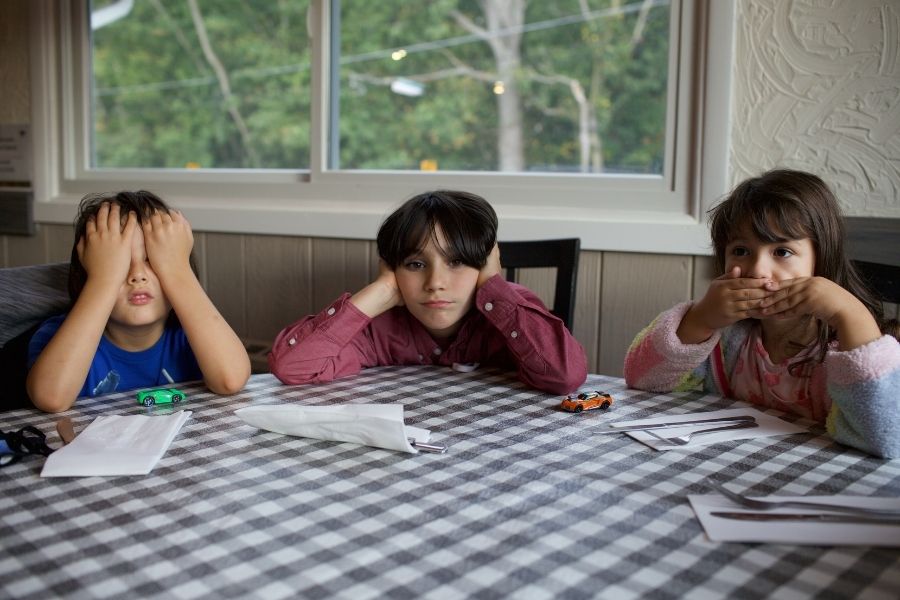
Is your child struggling with anxiety, stress, and frequent tantrums? It could be that they need to get more sleep.
Sleep is an essential bodily function that allows the mind and body to recharge. Not having enough of it can affect a child’s ability to concentrate, process information, and think clearly(1).
Sleep quality plays an essential role in a child’s physical and mental health. Children who often don’t get enough sleep eventually experience a host of other problems(2).
